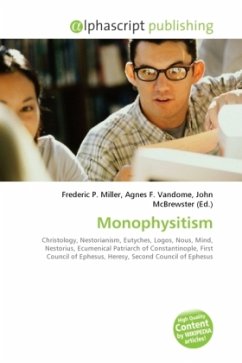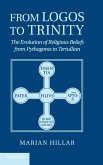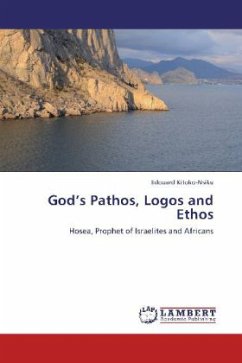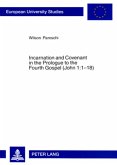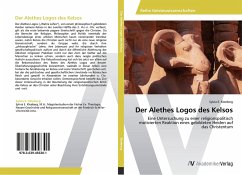Monophysitism (from the Greek monos meaning 'one, alone' and physis meaning 'nature'), or Monophysiticism, is the Christological position that Christ has only one nature, his humanity being absorbed by his Deity, as opposed to the Chalcedonian position which holds that Christ maintains two natures, one divine and one human. Monophysitism and its antithesis, Nestorianism, were both hotly disputed and divisive competing tenets in the maturing Christian traditions during the first half of the fifth century; during the tumultuous last decades of the Western Empire, and marked by the political shift in all things to a center of gravity then located in the Eastern Roman empire, and particularly in Syria, the Levant, and Anatolia, where Monophysitism was popular among the people.
Bitte wählen Sie Ihr Anliegen aus.
Rechnungen
Retourenschein anfordern
Bestellstatus
Storno

